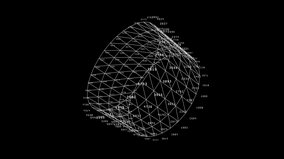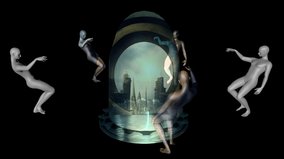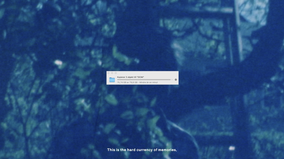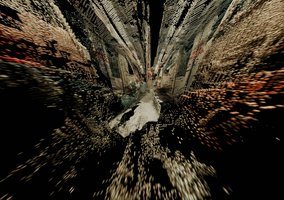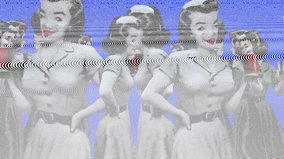In a world where simulations often replace reality, the line between useful and useless becomes blurred. Uselessness reveals the constructed nature of perceptions, prompting us to reconsider what we consider real or valuable.
In exploring the term useless we foreground their expectations of technology and how it influences social relations and societal development. One common myth is that technology will eventually come to exist as pure utility, a premise that has given rise to two opposing visions of the future: one in which technology is seen as a liberating force, promising a future of material abundance, and the other, which outlines a vision of bureaucratic nightmare, in which technology becomes an out-of-control mechanism threatening to dehumanize and annihilate the essence of humanity. But between these extremes lies a rarely mentioned possibility: the futility of technology. Georges Bataille argued that technology may be neither good nor bad, but simply useless, functionless element. In this context, pure technology would never be used; it would exist independently of human needs and desires, a monument to futility.
Many devices around us are overloaded with features we will never use. These unnecessary features exist only to satisfy the consumer’s desire for more, not to fulfill a real need. This surplus economy exploits the need for excess, turning products into status symbols and social power symbols.
In this world of unnecessary technology, consumers no longer buy products to use them, but to possess the excess they represent. In this way, technology becomes an integral part of the economics of desire rather than a tool of practice. In essence, products become icons of secular transcendence, accumulating value through their uselessness and controlling the lives of those who own them.
This tendency reflects a deep and perennial desire of humanity to subordinate itself to the useless, to offer sacrifices to a modern idol of useless technology. As society advances, technology continues to become less about functionality and more about symbolic meaning. Thus, technological progress does not necessarily lead us to a utopia or a dystopia, but to a realm of the useless, where the value of technology is measured not by its use, but by its ability to transcend any practical need.
The desire for the useless is not about pursuing uselessness. Rather, it’s about finding meaning in the seemingly impractical through creativity, critique, and insight. Think of desire as energy, not a void. When desire is free from the constraints of utility, it becomes a force that drives us towards new ideas and expressions, showing us that the useless has its own productivity.
— Levente Kozma, Artistic director



![strange attractors […1,000 years]](/images/0XDAEZrY752CC6DLp4qCZtPy8EE=/2253/width-284/varwwwahr-kahyvmediaSTRANGE_ATTRACTORS_0-06-20-09.png)



